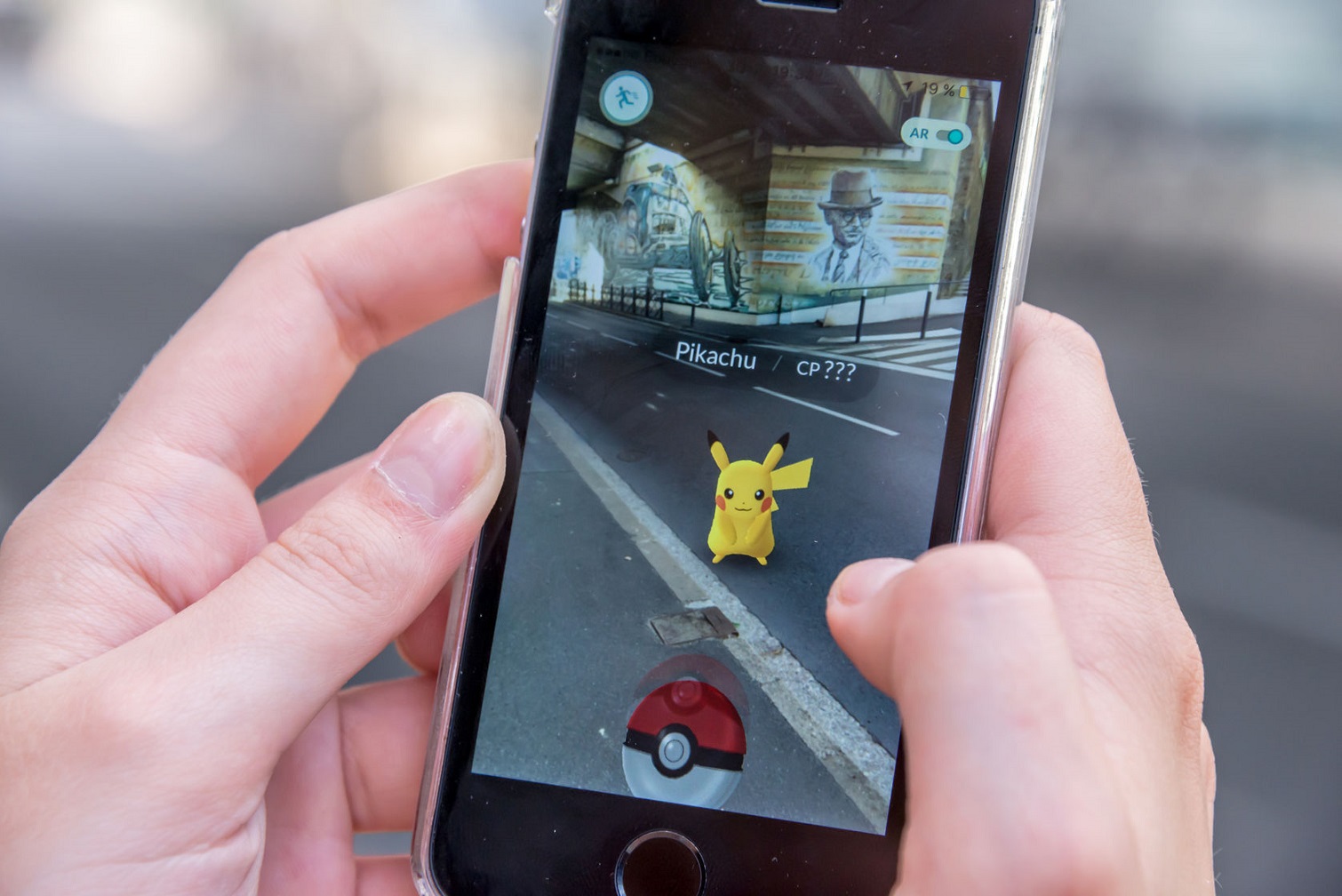Pokémon Go – Hate it or embrace it?: Page 2 of 2
By Andy Khoo January 31, 2017

Autonomy
The first lesson harks at employee choice as an engagement tool. There is sense in this as from my own 30 years of working experience, I have enjoyed being in companies like a technology multinational which allowed its employees to pick and choose their preferred medical coverage components from a menu of selections up to the maximum value funded by the organisation.
All staff were so motivated and excited when it was introduced back in the mid-1990’s. Another example of this autonomy is keeping things simple. A large Malaysian company I recently worked with had trimmed its HR policies from literally hundreds of policies in complex essays to a handful of bullet points which were akin to the 10 commandments.
Everything else was interpreted in accordance to the spirit of the few commandments sent by HR. Both those efforts really made employees feel empowered and engaged as they owned the decision and its justification according to broad guidelines set in a narrow set of clear principles.
So in the Pokémon game, less rules and more autonomy means more ownership and greater sense of being vested in the concept of Web 2.0 where “We Participate, Therefore We Are”. Involvement drives ownership, empowerment drives commitment.
Mastery
Leong argues that Pokémon Go the app does not enable much formal training. Instead the skills are picked up “on the go” as one learns by doing and asking more skilled players among one’s friends who act as mentors.
Now some games are notorious where this mode of learning will fail abjectly. For example, let’s take golf. A bad player will hardly progress by asking buddies as he will learn everyone else’s bad habits or be poorly misled by his flight mates who stand to win bets from him while giving contrarian advice to the poor victim. Muahahah!!
Whereas in the workplace, where teams may commensurately benefit from collective progress and you have a benevolent unselfish leader, then the concept of on-job-mentoring would be a great tool for guiding newbies or slower team members. I recall how Volvo Uddevalla automotive production4 was much vaunted in its case study that compared collaborative team efforts (to assemble a finished vehicle) against the typical Henry Ford assembly production line (where repetitive efforts were considered the pinnacle of efficiency but experientially demeaning to the workers).
So again from Pokémon Go, one could contend that its model of what Leong called the “flywheel effect” for learning is one where coaching and mentoring enhances organizational performance and productivity due to improved employee engagement.
Purpose
This is a sense of communal mission and vision with a tinge of FOMO (Fear of Missing Out) thrown in. Sadly, it is often the case where the wordy definition of a company’s mission/vision statements may be lost on some or perhaps even most employees.
I recall in my college days; the instant camaraderie for freshmen was built on a bonding concept for one annual day of frivolity called “Flunk Day”. As a Malaysian, it seemed contradictory to me that an institution of higher learning would allow a day where the primary goal was to have mad fun and forget about studying as if one had already flunked out of the college program.
Yet because no one wanted to be left without shared memories of joviality and silly communal games, practically everyone threw himself whole-heartedly in so that the four isolated days of Flunk Day always became the zenith of that college remembrance over the years.
I also recall that in my days working for a leading global software company, we did not think so much about “Making the World a Better Place through Smart Software”. Rather our clarion call was simple and direct – “Destroy the Competition!”
So in that sense, Pokémon Go does not pretend to have a higher moral objective nor a world saving goal. No species will avoid extinction if more people played the app, but somehow that lofty Valhalla is irrelevant as the instant bonding that Pokémon Go players have instantly has even resulted in love leading to the altar.
So if love can blossom out of shared experiences with Pokémon Go, then businesses should make at least a minimal effort to embrace the three principles that Pokémon Go espouses. These will drive enhanced employee engagement to buffer and ride out the current economic doldrums so we all survive to thrive another day.
Don’t just think about it, “Pikachu, Thundershock!” and let’s go for it.
With leadership roles in multinational tech companies, a GLC and a leading telco, Andy Khoo is currently taking a break before rejoining the corporate world.
Related Stories:
Gotta catch ‘em all: Data privacy and Pokémon Go
Can games like Pokemon Go cure digital zombies?
Singapore companies cautious about augmented reality
For more technology news and the latest updates, follow us on Twitter, LinkedIn or Like us on Facebook.


